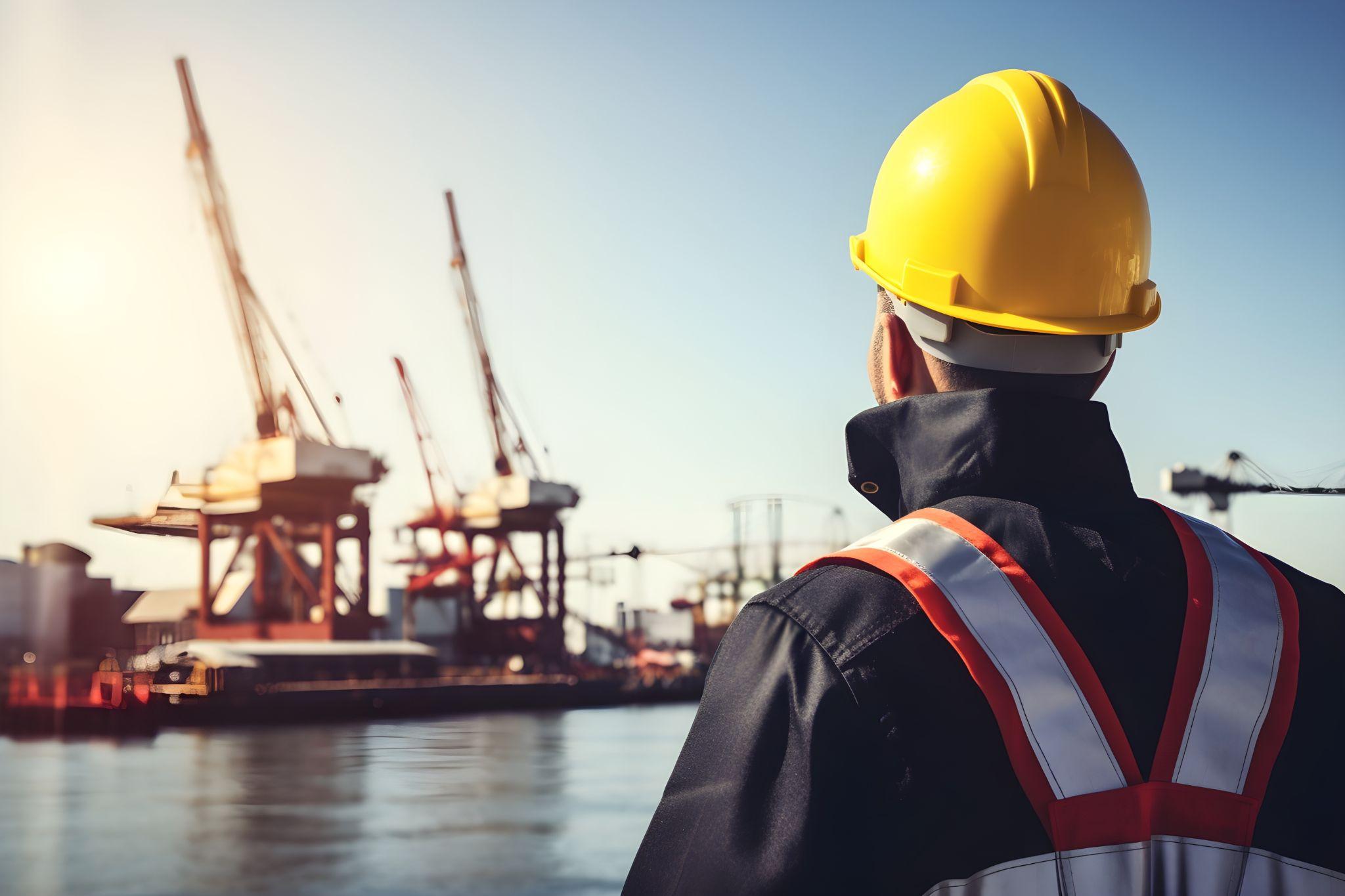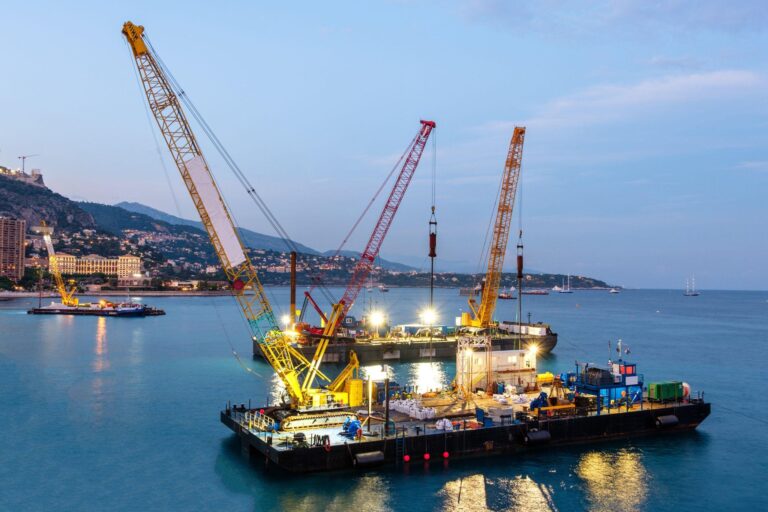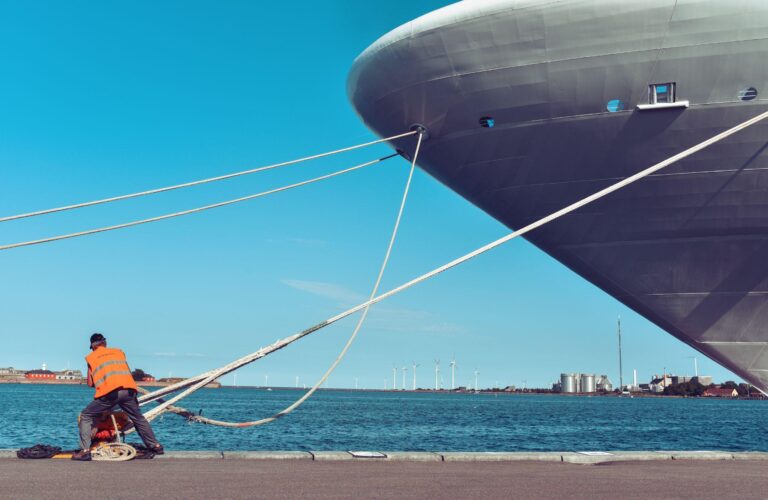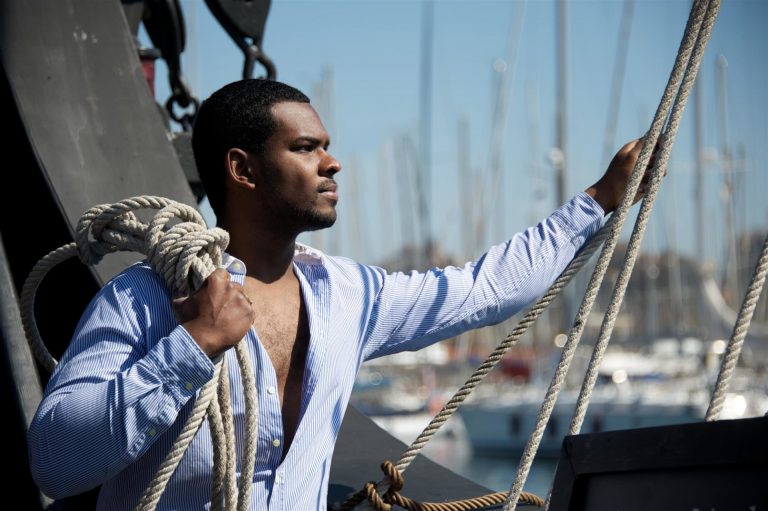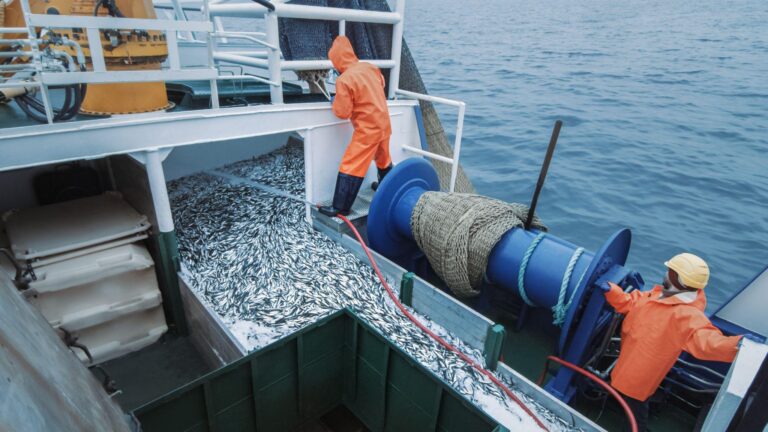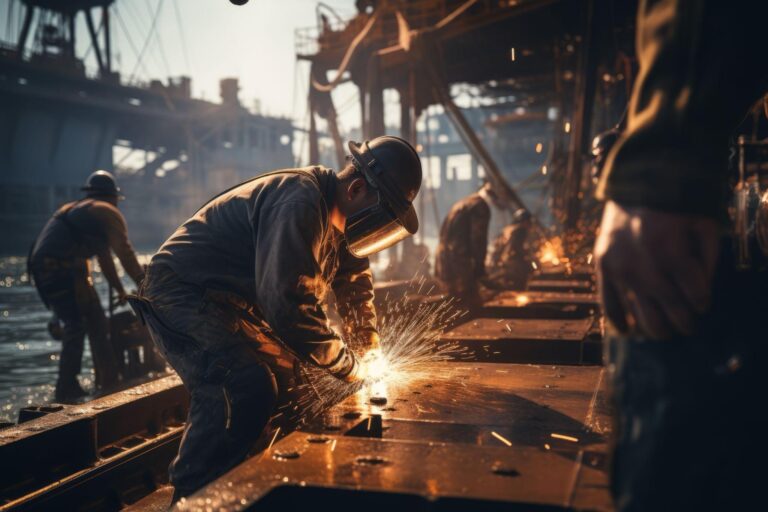The maritime industry, known for its tough physical labor and ocean travels, also faces significant challenges with workplace safety, especially regarding physical and sexual assaults. These serious issues are often not talked about enough but pose a major concern for the safety and well-being of maritime workers. It’s important to understand the frequency and nature of these assaults, the effects they have on victims, and the legal options available through maintenance and cure attorneys.
The Prevalence of Assaults in Maritime Settings
Jobs on ships, oil rigs, and fishing vessels are isolated and physically tough. This setting, along with gender disparities and strict job hierarchies, unfortunately, can lead to physical and sexual assaults.
Examples of such incidents include:
- Fights Between Crew Members: Physical altercations that can result in serious injuries.
- Assaults with Tools or Equipment: Use of workplace implements to cause harm.
- Forced Confinement: Restricting someone’s freedom of movement aboard the vessel, including by physical force.
- Sexual Assault: Forced sexual acts without consent.
- Bullying and Intimidation: Both physical and emotional, often repeated over time.
- Hazing: Ritual humiliation or physical abuse, often under the guise of tradition or initiation rites.
Even with strict workplace conduct rules and safety regulations, the actual reporting and resolution of these incidents are still complex and insufficient.
Why Do Many Assaults Go Unreported?
The isolated nature of maritime jobs significantly adds to the underreporting of assaults. Victims are often far from any legal or social support systems and fear retaliation, job loss, or stigmatization, which stops them from reporting incidents. The changing and temporary nature of maritime work also makes it hard to provide consistent support and follow-up on cases.

The Severe Impact on Victims
The effects of sexual and physical assault can be devastating to maritime workers.
Victims may suffer consequences such as:
- Physical Injuries: Victims may suffer from minor bruises to serious, life-altering conditions.
- Psychological Trauma: Experiences of long-term mental health issues such as PTSD, anxiety, and depression.
- Emotional Distress: Feelings of fear, humiliation, and helplessness can persist long after the incident.
- Social Withdrawal: Victims might isolate themselves from peers and avoid social interactions, which can impact their personal and professional relationships.
- Decreased Job Performance: The ongoing effects of trauma can lead to decreased concentration and productivity at work.
- Chronic Pain: Some physical injuries may develop into chronic pain conditions, affecting long-term health and quality of life.
- Career Setbacks: Victims may be sidelined or feel compelled to leave their jobs.
- Financial Instability: Often follows if the victim is unable to work while recovering.
All of these repercussions highlight the need for strong legal and financial support for those who have suffered a maritime injury from an assault.
The December 2022 Safer Seas Act
The Safer Seas Act, passed in December 2022, significantly improves protections for maritime workers against sexual assault and harassment. This law requires that maritime employers create and enforce detailed policies and training programs that help prevent, recognize, and respond to sexual violence. All employees must be made aware of these policies, increasing overall awareness and readiness within the industry.
The act also ensures that victims have quick access to medical and psychological support and introduces tougher penalties for those responsible for assaults. Since the law took effect, more incidents of sexual assault have been reported, suggesting that it is encouraging victims to speak out and seek justice. This change points to a safer and more responsible maritime industry.
Maintenance and Cure Offers Compensation for Maritime Employees
Maritime law requires employers to provide “maintenance and cure” to those hurt while working, no matter who was at fault. This law ensures that injured maritime workers get medical care and financial support until they are fully healed. In assault cases, these benefits are crucial for immediate and ongoing support but do not stop victims from taking further legal action against those responsible or negligent employers.
Victims can seek justice and compensation through maritime law, which includes rules specifically for dealing with assaults. Legal action can be taken against those who committed the assault and, if negligence is shown, against employers who didn’t prevent or properly respond to the assault. Specialized maritime law attorneys are key to navigating legal complexities and protecting victims’ rights and benefits.
Find Strong Legal Representation at Schechter, Shaffer and Harris, L.L.P.
Having the right legal help is essential when you’re dealing with the aftermath of a physical or sexual assault in the maritime industry. Attorneys who specialize in maintenance and cure know maritime law very well and can help you understand and navigate the complex legal process.

The experienced attorneys at Schechter, Shaffer, and Harris, L.L.P. are a perfect choice for anyone needing this kind of legal help. Our lawyers are experts in maritime injury law and have a strong track record of winning cases for maritime workers. We’re committed to getting our clients the maximum compensation possible and holding the responsible parties accountable.
If you’ve been assaulted while working at sea, contact us today for a confidential case review. Our maritime attorneys are ready to fight for your rights and secure the compensation you deserve.

